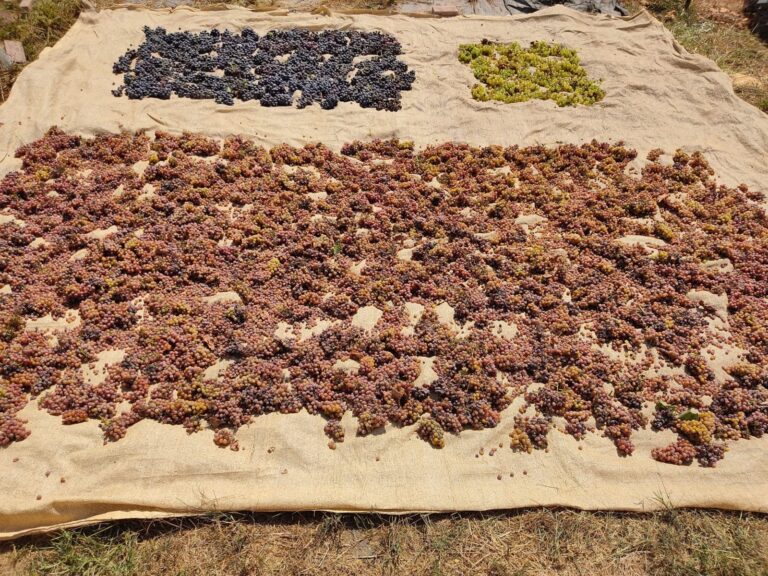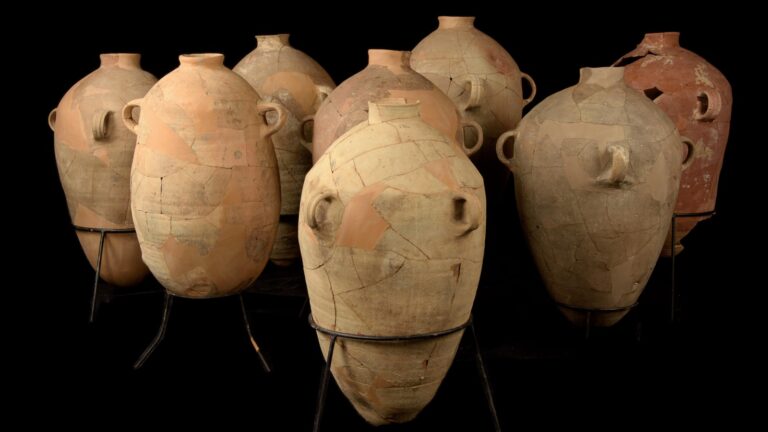Where did the earliest grapevines grow? While France or other major winemaking regions may come to mind, the answer may lie in ancient Israel.
A recent multinational study on the genetic makeup of grapevines, published in the journal Science, suggests that the harsh climate during the Ice Age enabled the domestication of grapes about 11,000 years ago in Israel and the Caucasus.
With climate change and emerging diseases threatening vineyards worldwide, the findings may help in developing strategies to protect and sustain the wine industry for future generations, says Elyashiv Drori, head of the Samson Family Grape and Wine Research Center at Ariel University and Eastern Regional R&D Center.
“Our findings provide important insights into the domestication and evolution of grapevine, which is a religiously, culturally and economically important crop,” said Drori, who’s been collecting indigenous grapevine populations over the last 12 years.
“The Israeli wild grapevines were found to be the source of domestication for all the cultivated group of table grapes, which includes the Israeli domesticated grapevines,” he said.
“This initial group of grapevine varieties then were dispersed to eastern and western Europe, to form most of the known winegrapes.”

In addition to Drori, other Israeli collaborators on the multi-author study were Oshrit Rahimi of Ariel University’s chemistry department; Prof Ehud Weiss, head of the archaeobotanical lab at Bar-Ilan University; and bioinformatician Sariel Hubner from Migal Galilee Research Institute.

“This is a research breakthrough in the field of the beginning of agriculture as well,” Weiss said.
“The accepted view was that annual crops like wheat, barley and legumes were domesticated some 10,000 years ago, while perennials were domesticated thousands of years later. Current research changes this view and demonstrates these transitions occurred simultaneously, and moreover, with the same species, some 1,600 kilometers apart – a phenomenon we have never seen.”
The study results were released at the annual meeting of the American Association for the Advancement of Science on March 2.
The Ariel researchers are now more deeply studying the characteristics of Israel’s indigenous grapevines to discover if they possess genes resistant to conditions relevant to today’s changing climate.















